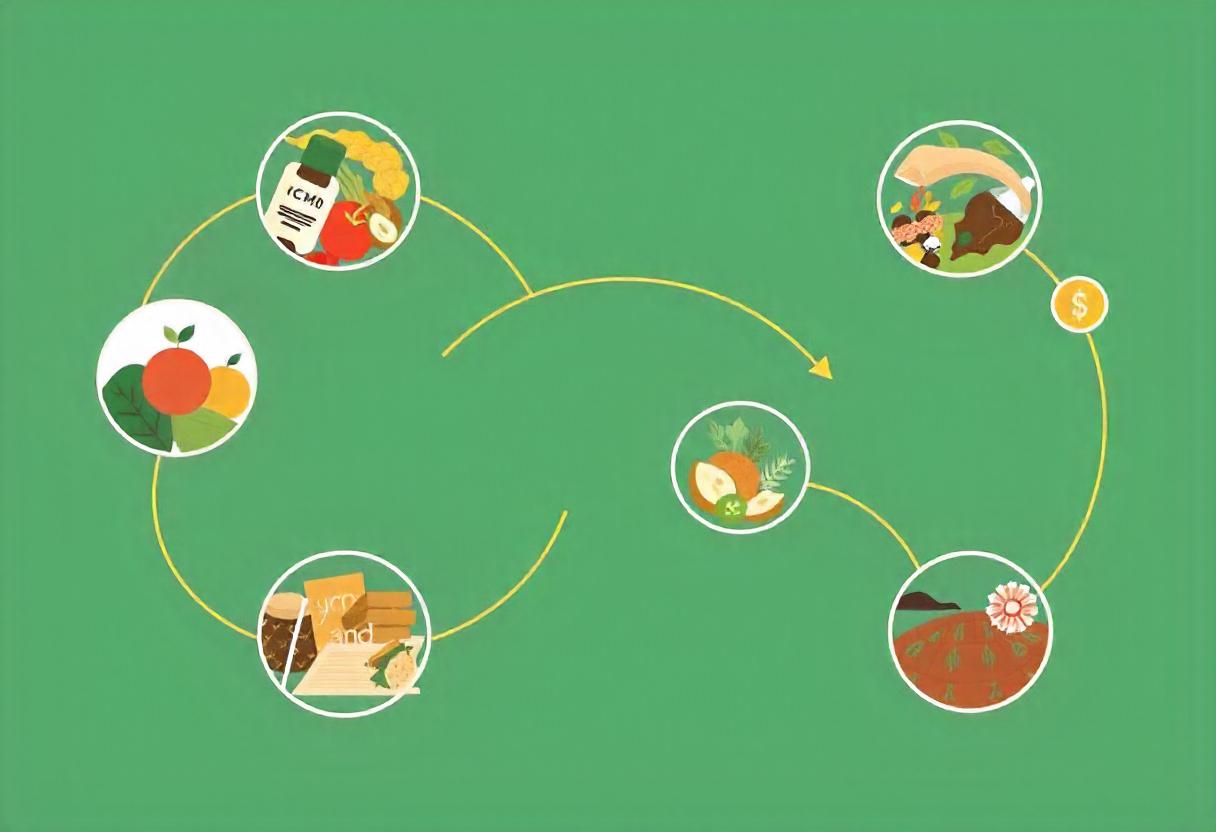
Food security is a critical issue that affects billions of people worldwide. It refers to the ability of individuals to access sufficient, safe, and nutritious food that meets their dietary needs for an active and healthy life. However, achieving food security is a complex challenge, especially in the context of a global supply chain that faces numerous disruptions and vulnerabilities. Understanding how the global supply chain impacts food security is essential to developing sustainable solutions.
The Importance of Food Security
Food security is fundamental to human survival and well-being. It is closely linked to economic stability, social development, and political peace. When people have consistent access to nutritious food, they are better able to live healthy lives, perform well in education, and contribute productively to society. In contrast, food insecurity can lead to malnutrition, health problems, social unrest, and migration. Addressing food security is therefore crucial for ensuring a stable and prosperous global community.
Factors Affecting Food Security
Several factors influence food security, including climate change, population growth, political instability, and economic inequalities. Changes in climate affect crop yields, disrupt growing seasons, and lead to water shortages, all of which undermine food production. Meanwhile, rapid population growth increases demand for food, further straining the system. Political instability and conflicts can disrupt food production and distribution, making it difficult for people in affected regions to access the food they need.
Economic inequalities also play a significant role in food security. People living in poverty are more vulnerable to food insecurity because they lack the financial resources to purchase adequate food. Additionally, the cost of food can be influenced by market fluctuations, making it difficult for low-income households to afford nutritious meals.
The Role of the Global Supply Chain
The global supply chain plays a vital role in ensuring that food is distributed across the world. It allows countries to trade agricultural products and other food items, ensuring that food reaches areas where local production is insufficient. However, the global supply chain is not without its challenges. Disruptions in transportation, trade policies, and labor shortages can hinder the efficient movement of food, leading to shortages and price increases.
International trade agreements and tariffs can also affect the flow of food products. Restrictive trade policies can limit the availability of food in certain regions, exacerbating food insecurity. Furthermore, many countries rely heavily on imports for their food supply, making them vulnerable to disruptions in global trade.
Supply Chain Vulnerabilities
The global food supply chain is susceptible to various risks, including natural disasters, pandemics, and geopolitical tensions. Natural disasters such as floods, droughts, and hurricanes can destroy crops and infrastructure, halting food production and distribution. The COVID-19 pandemic highlighted the fragility of the global food supply chain, as lockdowns and restrictions disrupted transportation and labor availability, causing food shortages and price spikes in many regions.
Geopolitical tensions can also lead to disruptions in the global food supply. Trade wars, sanctions, and conflicts between nations can limit the ability of countries to export or import food, further complicating efforts to achieve global food security.
Sustainable Solutions for Food Security
To address the challenges posed by the global supply chain, sustainable solutions must be implemented to strengthen food security. Investing in local agriculture and food production can help reduce dependency on imported food and make communities more resilient to global supply chain disruptions. Additionally, improving infrastructure and technology in agriculture can increase productivity and efficiency, helping to meet the growing demand for food.
Reducing food waste is another important aspect of enhancing food security. A significant portion of food produced globally is wasted due to inefficiencies in the supply chain, improper storage, and consumer habits. Addressing these issues can ensure that more food reaches those who need it.
Collaboration between governments, businesses, and international organizations is also crucial in creating policies that promote food security. This includes developing trade agreements that ensure the flow of food across borders, implementing measures to protect food production from climate-related risks, and providing financial support to farmers and food producers.